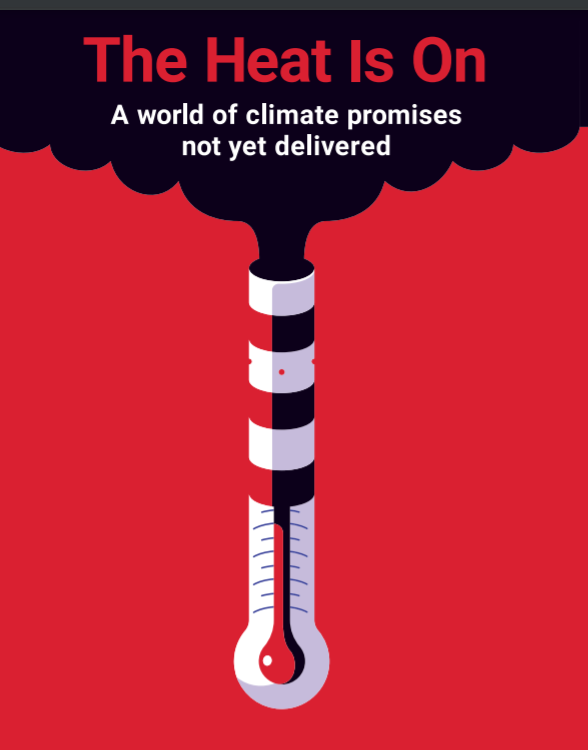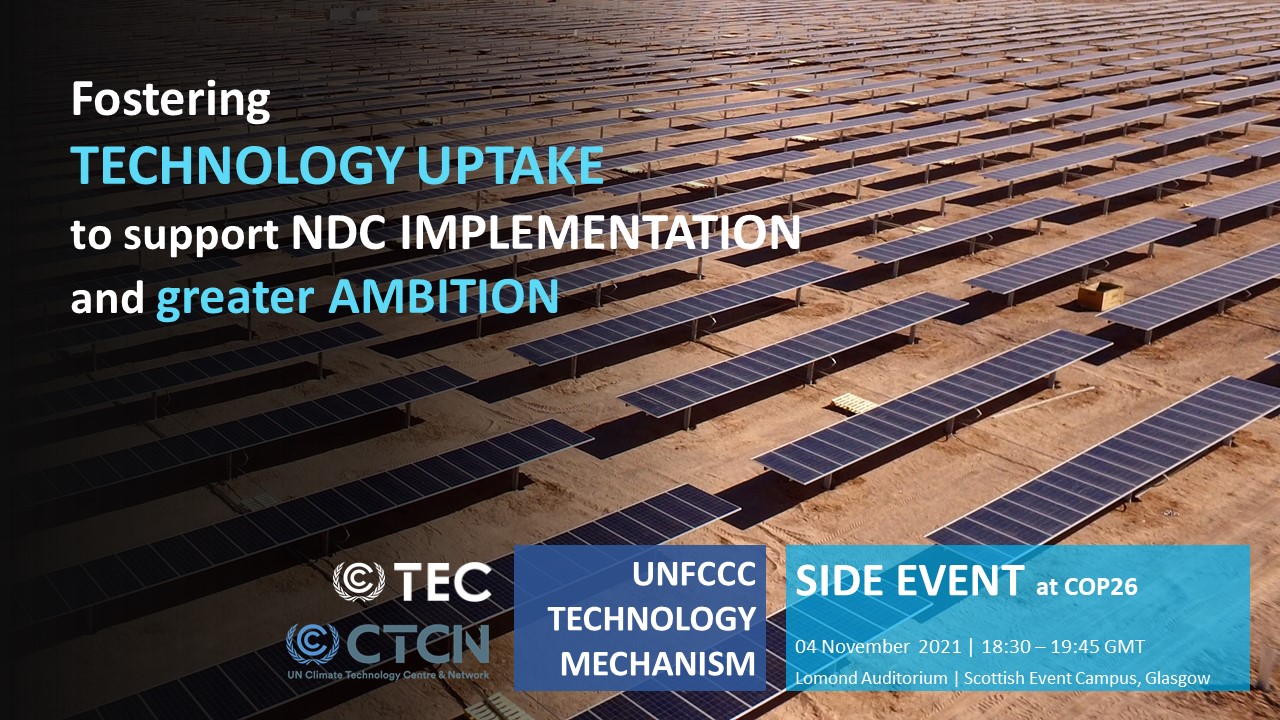The upcoming COP 26 represents a decisive opportunity to head off the most catastrophic impacts of climate change. Expectations are high and the context for science-based response to tackling climate change is acute.
Held in Glasgow, UK (31 October–12 November 2021), the UN Climate Change Conference, the first summit to be held since the US rejoined the Paris Agreement, raises high expectations. Effective interaction among climate science, policy and action will be key to putting nations on the path to decarbonization by 2050, enhancing resilience and aligning finance flows.
The latest report from the Intergovernmental Panel on Climate Change clearly shows that climate change is accelerating. And the UNEP Emissions Gap Report 2021: The Heat Is On (read also the factsheet) finds new and updated Nationally Determined Contributions only take 7.5% off predicted 2030 emissions, while 55% is needed to meet the 1.5°C Paris goal, leaving the world on track for a global temperature rise of at least 2.7°C this century. Net-zero pledges could make a big difference and shave off another 0.5°C, if fully implemented, providing hope that further action could still head off the most-catastrophic impacts of climate change.

Nature, the internationally renowned scientific journal, explains what success looks like, and what’s on the line at COP 26, in this scientists’ guide to a momentous meeting.
COP26 (see overview schedule) is organised into two zones.
- The Blue Zone is a UN-managed space which hosts the negotiations and UNFCCC side events.
Below are some side-events that might be of interest for the OACPS R&I actors:
From paper to practice: Universities’ role in generating actionable solutions for the climate crisis
🗓️Wednesday 3 November 2021
⏰14:45-15:45 GMT
📍Paris Committee on Capacity-building Hub, Blue Zone
🌍CDKN and IRI, Columbia University
This event will share lessons from universities and research institutes in co-producing climate knowledge and strengthening people’s capacity to contribute to policy debates and make well-informed policy decisions.
Ocean solutions: Coordination and collaboration for ocean-based mitigation and adaptation
🗓️Thursday 4 November 2021
⏰16:45—18:00 GMT
📍Derwentwater, Blue Zone
🌍International Coastal and Ocean Organization (ICO); Partnership for Observation of the Global Ocean (POGO); Plymouth Marine Laboratory (PML); Sasakawa Peace Foundation (OPRI-SPF); World Ocean Network (WON)
This event will showcase how action-driven transdisciplinary science and cross-sectoral collaboration can help stakeholders adapt to the climate-induced challenges placed on the ocean and thus improve sustainable development, limiting warming to 1.5 °C, enhancing NDCs, and helping achieve Net Zero. (Read Why the Ocean Matters in Climate Negotiations)
Technology Mechanism: Fostering technology uptake to support NDC implementation and greater ambition
🗓️Thursday 4 November 2021
⏰18:30 – 19:45 GMT (link coming soon- click here)
📍Loch Lomond, Blue Zone
🌍Secretariat of the United Nations Framework Convention on Climate Change (UNFCCC)
At the side event, the Technology Executive Committee (TEC) – the policy arm of the Technology Mechanism – and the Climate Technology Centre and Network (CTCN) will provide a brief overview of their achievements in 2020 and 2021, and launch their joint publication “Technology and NDC: Stimulating the uptake of technologies in support of NDC implementation”.

Taking Action for a Brighter Future: Transforming Food, Land and Water Systems in a Climate Crisis
🗓️Saturday 6 November 2021
⏰15:00—16:15 GMT
📍Skomer, Blue Zone
🌍CGIAR System Organization; International Center for Agricultural Research in the Dry Areas (ICARDA)
Research and innovation in food, land and water systems are crucial for achieving global climate goals. Diverse stakeholders will shed light on challenges and opportunities for climate adaption and resilience in those systems, particularly in Africa and dry areas, and present innovative solutions.
Build Back Better: What will it take to achieve a zero-carbon, sustainable African economy?
🗓️Monday 8 November 2021
⏰15:00—16:15 GMT
📍South Downs,Blue Zone
🌍Renewable Energy Policy Network (REN21); Sustainable Energy Africa (SEA); World Future Council (WFC)
Population growth and rising energy demand are opportunities for local and national governments in Africa to advance economic development. Renewables can ensure that this development is clean and sustainable. But the continent faces another challenge: poor grid infrastructure and network management.
Knowledge for transformative action towards a resilient future
🗓️Wednesday 10 November 2021
⏰13:15-14:45 GMT
📍 COP Resilience Hub, Blue Zone and virtual
🌍CDKN, the Resilience Knowledge Coalition and the Adaptation Research Alliance
In this engaging and interactive session, participants will learn about ways of generating and using local knowledge on adaptation and resilience, ways of forging innovative researcher-practitioner-community partnerships and components of an enabling environment for moving research and knowledge into action for effective adaptation.
Registration page – Contact Details (eventsair.com)
- The Green Zone, managed by the UK Government, is an open platform for the general public, youth groups, civil society, academia, artists, business and others to have their voices heard (programme of events – the listed events will soon include a link to each live stream that will be freely available).
Last but not least, you can also join virtually by subscribing to the COP26 YouTube channel.
Stay tuned! Information will be updated throughout the COP 26 on our web portal and social media.
